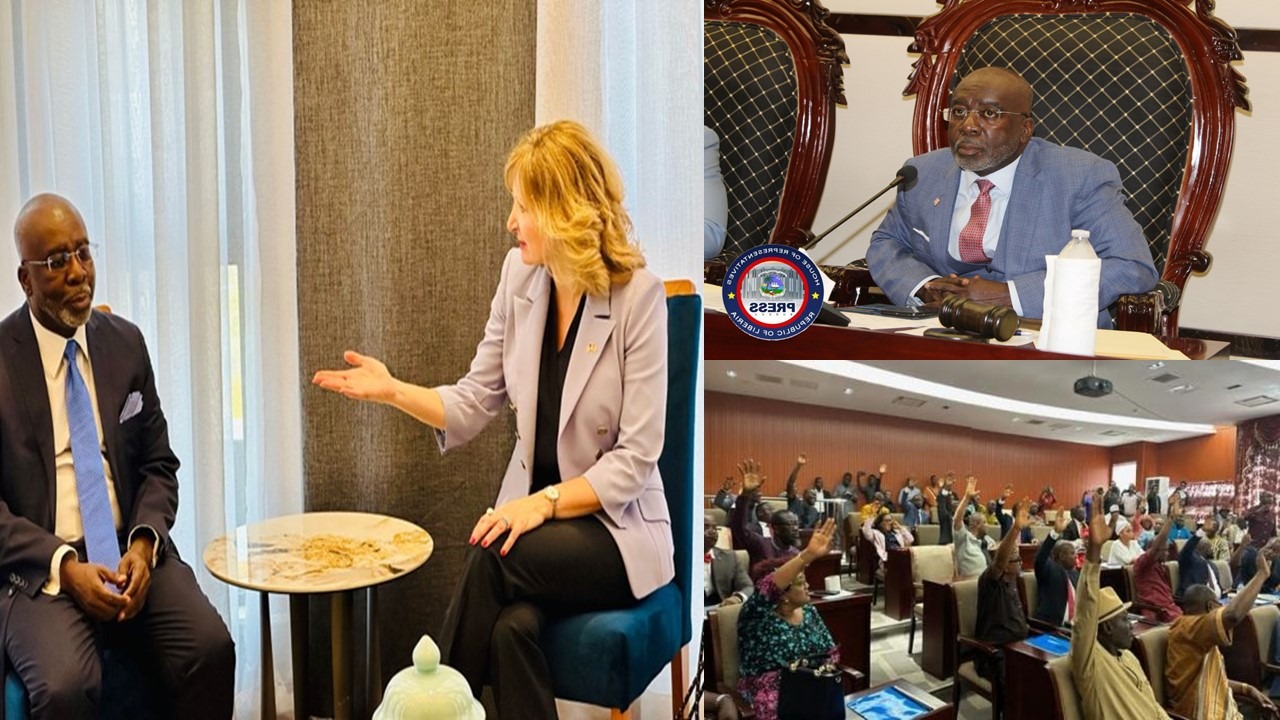In a momentous move towards justice and accountability, the lower house of the national legislature in Liberia has adopted a resolution advocating for the establishment of a War and Economic Crimes Court. This significant decision comes decades after the brutal civil war that inflicted death and destruction across Liberia, leaving thousands dead and many more displaced.
The adoption of the resolution coincides with the visit of Dr. Beth Van Schaack, the United States Ambassador-at-Large for Global Criminal Justice, signaling international support for Liberia’s efforts to address past atrocities. The resolution, signed by 42 out of 73 members of the House, represents a historic vote for the victims of the civil war, marking a pivotal moment in Liberia’s pursuit of justice and reconciliation.
However, the unanimity of the resolution is marred by the ironic opposition from representatives of Nimba County, the stronghold of former warlord Prince Johnson, who himself voted against the resolution. This underscores the complex political landscape and lingering divisions within Liberian society.
The resolution calls upon President Joseph Boakai to collaborate with the United Nations, international partners, institutions, and civil society organizations to establish the Extraordinary Criminal Court in Liberia. It emphasizes the importance of impartial prosecution and broad-based consultations to ensure accountability and prevent selective justice.
Furthermore, the resolution highlights the failure of the Liberian government to fully implement the recommendations of the Truth and Reconciliation Commission (TRC), including the establishment of the court. Despite the TRC’s submission of its final report to the National Legislature in 2009, no significant progress has been made in prosecuting individuals for grave crimes committed during the civil war.
The resolution serves as a reminder of Liberia’s obligation to address past atrocities and uphold the rule of law. It calls for the conversion and preservation of the records of the TRC, recognizing the invaluable contribution of victims and witnesses to the truth-seeking process. Additionally, it underscores the importance of promoting a culture of justice, rule of law, and democratization in Liberia.
As Liberia moves forward with its efforts to establish the War and Economic Crimes Court, it must remain committed to the principles of transparency, accountability, and inclusivity. The resolution’s adoption is a step in the right direction, but its implementation will require sustained political will and international support.
In conclusion, the lower house’s resolution signifies a collective commitment to justice and reconciliation in Liberia. It is a testament to the resilience of the Liberian people and their unwavering determination to confront the painful legacy of the past. With continued dedication and collaboration, Liberia can pave the way for a brighter future founded on the principles of peace, justice, and respect for human rights.




